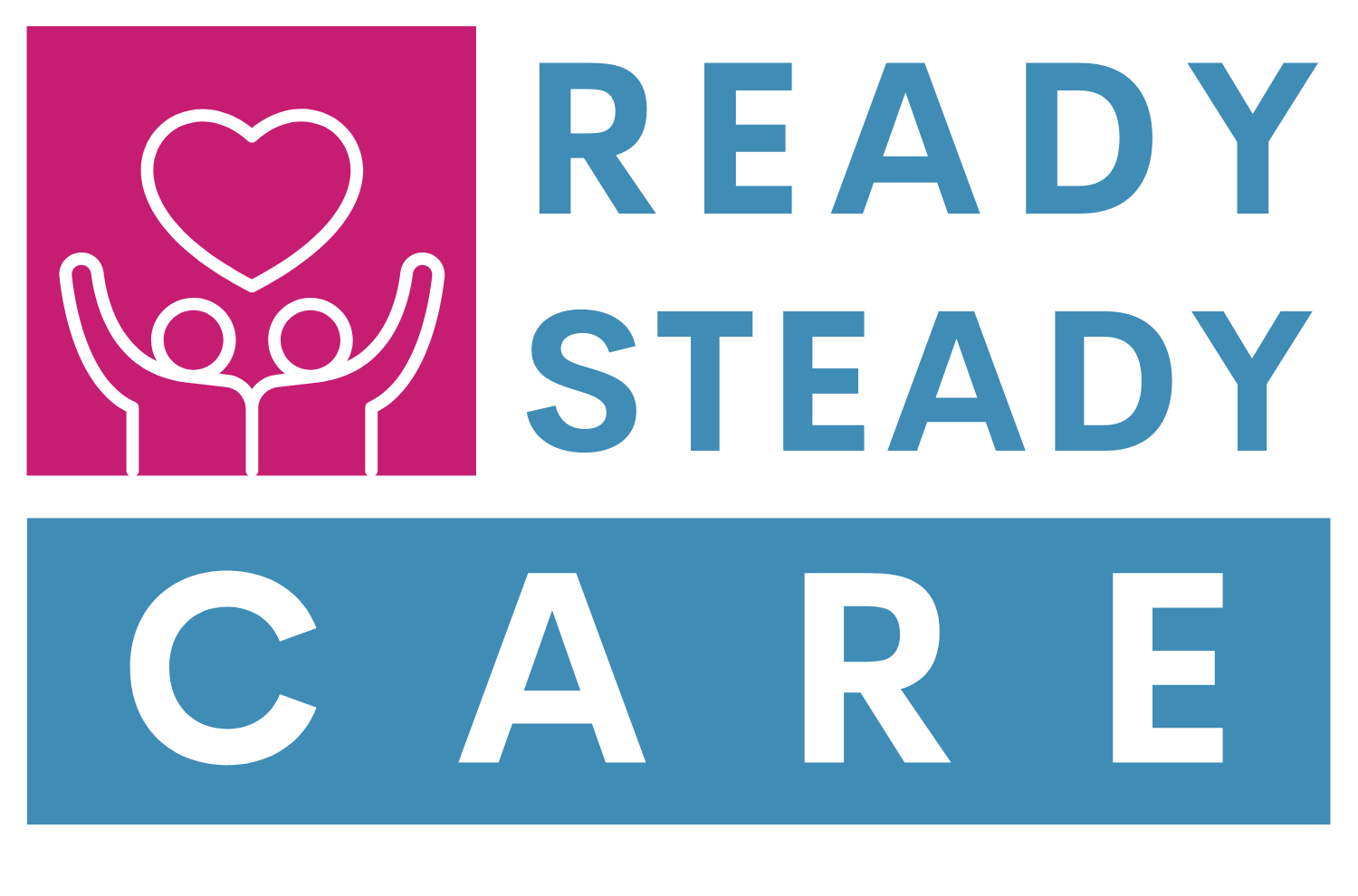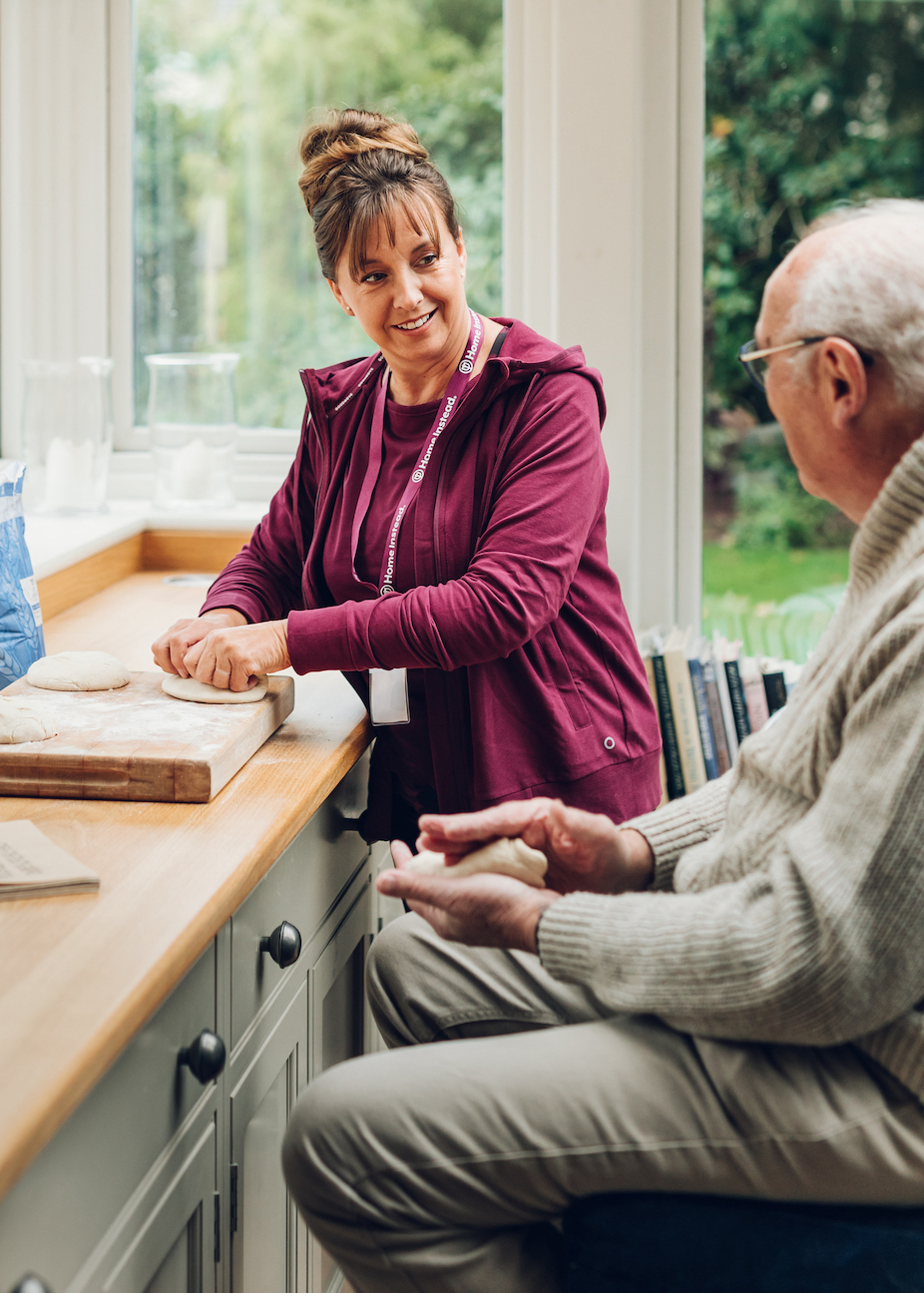Elderly in Hot Weather
It’s crucial to be aware of how to keep your loved ones and yourself safe from the heat. Especially as temperatures rise during the summer months. The heat and hot weather can be a good thing, for most people in the UK. But it can also cause a lot of health problems for elderly loved ones.
As we age, our body’s ability struggles to cope with rising temperatures. Which puts us at risk of heatstroke, heat exhaustion, and dehydration. Your friend or relative who has been diagnosed with diabetes or lung disease may have a reduced ability to handle the heatwave.
Why are older adults more prone to heat stress?
People aged 65 years and over are at increased risk of heat-related illnesses and need special care in hot weather.
An older adults body temperature does not adjust as well as a young person to sudden changes in temperature. They are more likely to have a chronic medical condition that changes normal body responses to heat. They are more likely to take prescription medicines that affect the body’s ability to control its temperature.
Older adults and individuals with chronic medical conditions are at high risk of developing heat-related illnesses. It could be due to ageing-related physical changes in the body, chronic health conditions, or the effects of taking some medications.


Take a walk outside during cooler weather
Being outside has such a positive effect on our health and well-being. There are many benefits to spending time outdoors, such as increased happiness, self-esteem, and lower stress.
During a heat wave, it is best to avoid the outdoors and extreme heat. Even though it is probably a beautiful hot summer day. The high temperatures will make it uncomfortable and increase the risk of heat-related diseases.
Ditch the outdoor activities and stay indoors. Play board games or reminisce in memories with elderly people.
If it is cooler, or a cool place, you can go outside with your loved ones either in the morning or in the evening. The hottest part of the day is between 11 am and 3 pm. But keep an eye on the weather reports.
Stay hydrated
Dehydration is more common in those over 60. Rising temperatures can also make things worse. Prolonged exposure and a lack of water can cause nausea, dizziness, and fainting.
In the heat, our appetite naturally decreases because our bodies are trying to stay cool. It’s not paying as much attention to how hungry or full we are. It’s important to encourage your loved ones to eat often and to drink plenty of water to replenish fluids lost from excessive sweating.
Drink plenty of cool water throughout the day (don’t wait until they feel thirsty) and avoid alcohol and caffeine. We should consume 1.5 to 2 litres per day. That’s about 8 to 10 glasses. You’ll dehydrate faster if exposed to heat, so make sure you drink more fluids and aim for at least 2L.
You can be creative in keeping your loved one hydrated by replacing hot beverages with juices, smoothies, or ice lollies. Homemade popsicles that are light on sugar are a great way to cool down in excessive heat.


Select food that has a high water content
You can ensure that your friend or relative is drinking enough water by giving them food high in water.
Choose foods high in water such as spinach, cucumbers, celery, and radishes. This type of food is perfect to eat during warm weather. It will allow your body to hydrate. You can also enjoy fruit, which are cooling and hydrating.
Keep your surroundings cool
First, curtains and blinds should be kept closed in areas that are exposed to the sun. Encourage your loved one to wear lightweight clothing such as linen and cotton fabrics. These materials allow you to breathe more freely and will keep you cool. To prevent your friend or relative from swelling their feet in the heat, encourage them to wear sandals.
Encourage them to cool off by splashing cool water on their necks or putting a damp cloth on their necks.
Air Conditioning is your Best Friend

Spend as much time as possible in an air-conditioned place. If you don’t have an air conditioner for those hot days, go to a cool building that is air-conditioned. For example, read a book at the library, walk around in indoor malls. Watch that new movie at the theatre, or meet your friends at the local cafe or senior centre.

Heat stroke symptoms should be avoided
There are two types of heat exhaustion: heatstroke and heatstroke. Heat exhaustion is when your body cannot cool down enough to maintain a healthy temperature. Normally, the body cools off by sweating. But sometimes, sweating doesn’t do enough to keep the body from rising.
Heatstroke is more serious. It means that your core temperature will rise to 40C or higher and you’ll feel extremely unwell. The treatment of heatstroke should be considered an emergency. Heat exhaustion must be treated as a medical emergency.
Symptoms like a throbbing headache and dizziness can often go with heat exhaustion. Your loved one should take off any clothing that may be causing symptoms. To cool the skin, you can use a cool sponge.
If your loved one does not feel cool and better within 30 minutes, you should consult a doctor.

What is Heat Exhaustion?
A serious health problem caused by too much heat and dehydration. If not treated, it may lead to heat stroke (see above).
Warning signs:
- Heavy sweating or no sweating
- Muscle cramps
- Tiredness
- Weakness
- Paleness
- Cold or clammy skin
- Dizziness
- Headache
- Nausea or vomiting
- Weak pulse or rapid pulse
- Fainting - They may have heatstroke.
If you are caring for someone else who has heat stroke, only give them water or drinks if they are awake and can swallow. Do not try to give fluids by mouth if the person is drowsy, as it could cause choking.
- Look after yourself
It’s crucial to take care of your body in the heat, especially when you’re caring for others. Wear sun protection and keep hydrated. Know your limits with any strenuous activities. If you feel too hot, listen to what your body is telling you and get out of the heat. Take a cool shower?
Do not put yourself under too much pressure. If you are struggling to care for your loved one, there is always support.
Frequently Asked Questions
You can help an elderly person stay cool during a heatwave by doing a variety of things. Keep them hydrated, keep the environment cool, and encourage them to eat high-water foods.
Symptoms like a throbbing headache and dizziness can often go with heat exhaustion. Your loved one should be advised to take off any clothing that may be causing symptoms.
Heatstroke should be considered an emergency.When heat exhaustion symptoms are not recognised and the person’s health deteriorates, they will experience heat exhaustion-like symptoms and feel extremely unwell.



